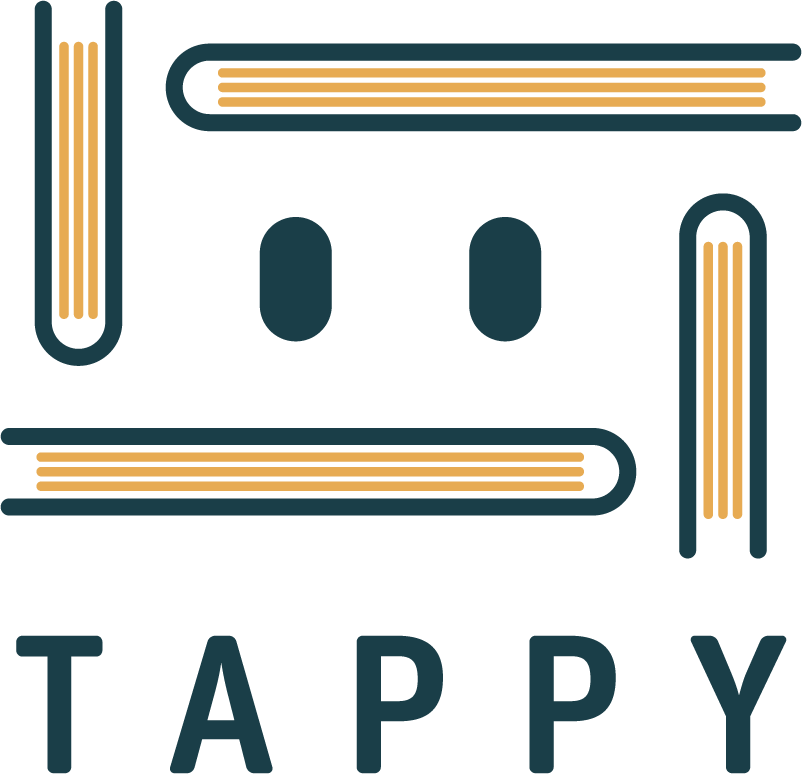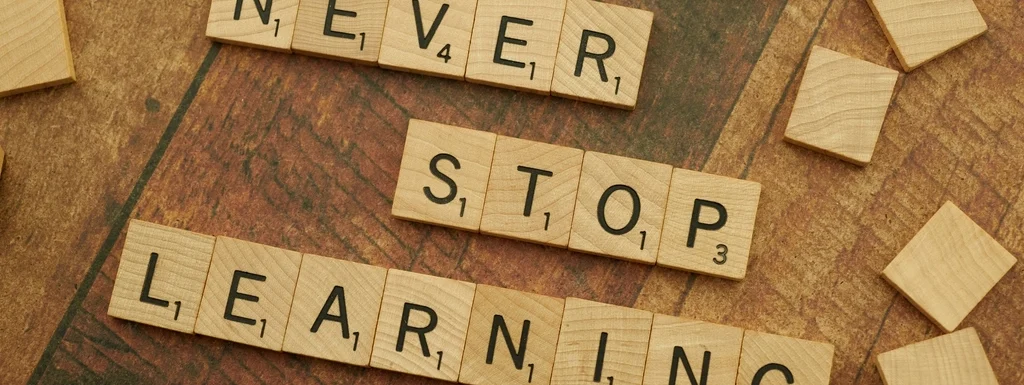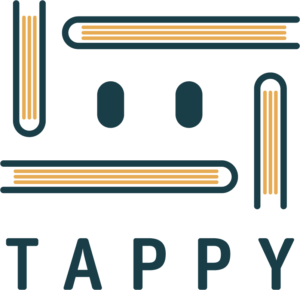Making Learning Personal Through Public Exhibitions
In today’s high-tech, digital world, education is rapidly evolving. Classrooms leveraging #edtech and personalized learning approaches are equipping students with the skills for success. However, we must not forget the power of authentic audiences and public exhibitions of student work.
Recently, I read about an economics unit at ARISE High School taught by Ashley West. The culminating project, “Playing the Economy: A Board Game Project,” asked students to research economic inequality, identify key issues in the data, and design a playable board game that communicated their findings. This #PBL project allowed students to synthesize their learning into a creative and interactive format.
Over several weeks, students assembled game pieces representing the systemic barriers and advantages they uncovered through independent research. Ms. West tracked their progress using a “Board Game Preparation” document where students noted how each game element tied to economic concepts.
Small groups then began designing prototypes, testing gameplay, revising rules, and finalizing sturdy game boards with written instructions. The unit culminated in a schoolwide exhibition where families and community members were invited to play the economics games and experience the impacts of wealth disparity and limited opportunity firsthand.
I read about students proudly demonstrating their games, eagerly explaining the rules and economic significance to players. The exhibition transformed their learning from private classroom work into a public dialogue, increasing engagement and motivation.
Educational research shows that connecting learning to real-world contexts is crucial for student engagement. Teaching can allow students to take ownership of their learning, direct peers through an interactive experience, and bring complex issues to life for their community.
As schools continue integrating technology to personalize education, we must remember that student work shown only to the teacher lacks motivational power. Public exhibitions give learning real purpose, push students to excel, and allow them to educate others on topics they care deeply about.
What other strategies have you observed that make learning personal for students? Share your examples in the comments!



Leave a Reply